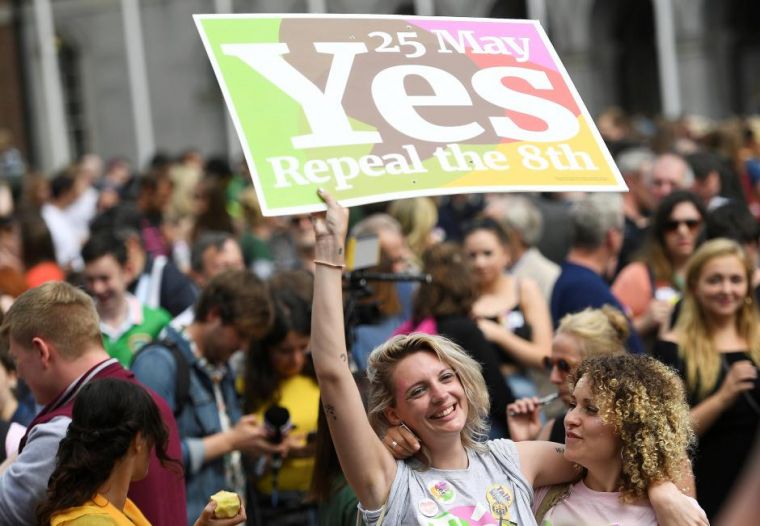Ireland's abortion laws must protect conscientious objection, say bishops

As the legalisation of abortion in Ireland reaches the final stages in the Irish Parliament, bishops are urging lawmakers to protect conscientious objection.
A bill allowing free and legal abortions in Ireland passed in the Dáil on Wednesday night, seven months after Ireland voted to repeal a constitutional ban on terminations.
The bill has now moved to the upper house for final debate before being passed into law, which is expected to happen before the Christmas recess.
Once it comes into effect, the bill would allow women in Ireland to seek an abortion for any reason up to the 12th week of pregnancy. After that point, abortions would be permitted where there was serious risk to a woman's life or health, or in cases of fatal fetal abnormality.
Most of the proposed amendments to the bill were defeated, including one that would have meant health workers with conscientious objections did not have to refer women to other physicians who could perform the procedure.
Instead, the bill passed by the Dáil allows health workers to refuse to perform an abortion but requires that they refer women to those who do not hold any objections.
In response to Wednesday's vote, the Irish Bishops' Conference said it was 'dismayed' by the legislation and called for full protection of conscientious objection.
'Irish society must have respect for the right of conscientious objection for all healthcare professionals and pharmacists. They cannot be forced either to participate in abortion or to refer patients to others for abortion,' it said.
The statement continued: 'Women's lives, and the lives of their unborn children, are precious, valued and always deserving of protection. Any law which suggests otherwise would have no moral force. In good conscience it cannot be supported and would have to be resisted.'











